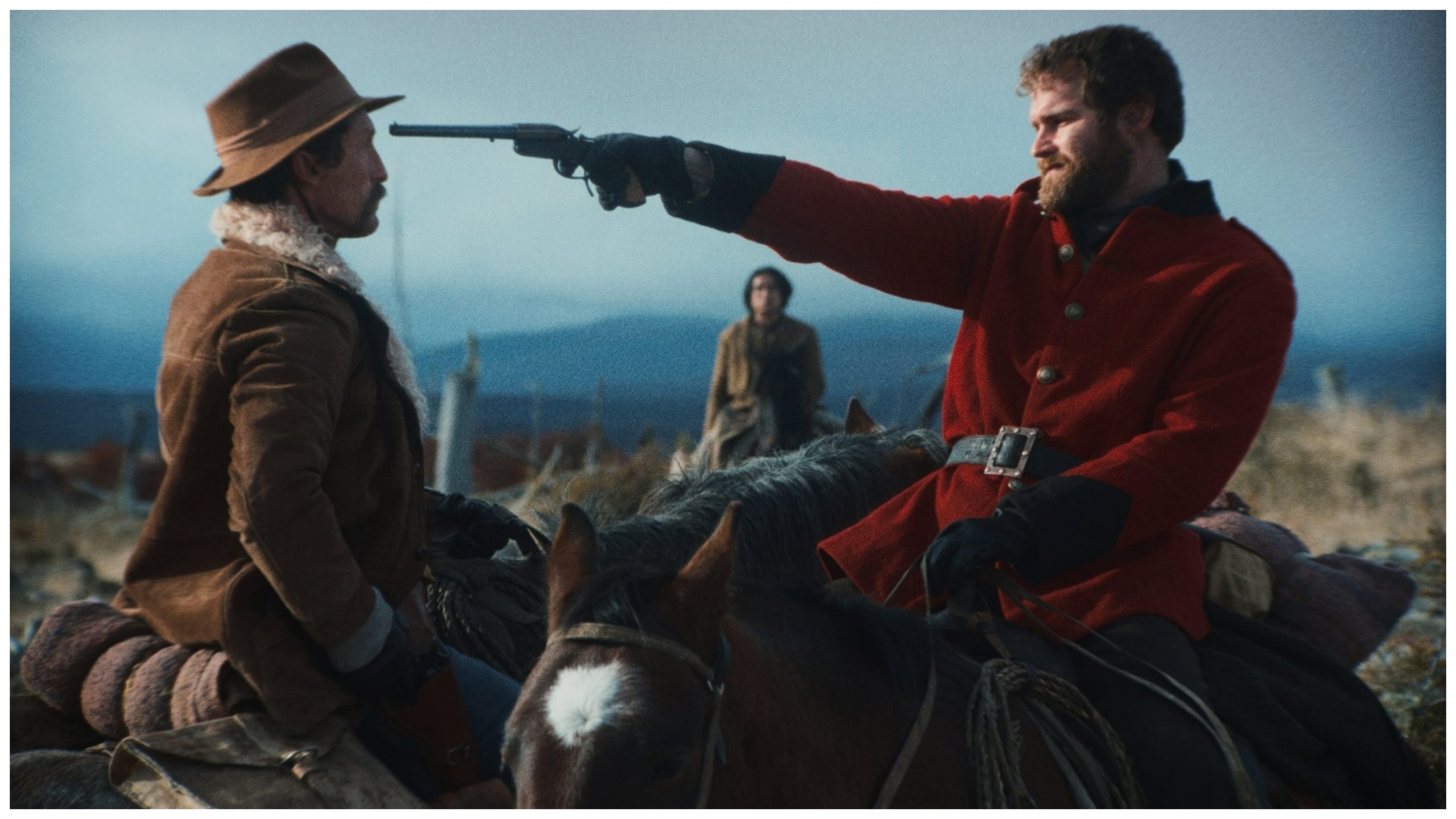



In a thought-provoking article by Nick Estes in Jacobin magazine, the myth of America's origin story is challenged [a5df353f]. The article explores the conquest of the frontier as a creation myth that presents the nation as founded on principles of equality. However, Estes argues that this narrative overlooks the role of settler colonialism and indigenous resistance in shaping American history [a5df353f].
Estes highlights the impact of dams and the destruction of the buffalo on indigenous communities. These actions were part of a deliberate strategy to dispossess and control indigenous peoples, furthering the settler colonial project [a5df353f]. The article also discusses the transition from armed resistance to the reservation system, which Estes argues was a tactic employed by the US government to consolidate power and control over indigenous lands [a5df353f].
The article emphasizes the importance of understanding the intertwined relationship between capitalism, colonialism, and the environment. Estes argues that these forces have shaped American history and continue to impact indigenous communities today [a5df353f]. He also highlights the ongoing struggle for indigenous rights and land restoration, calling for a recognition of the historical injustices committed against indigenous peoples and a commitment to rectifying them [a5df353f].
This article adds to the conversation about America's origin story, providing a critical perspective on the role of settler colonialism and indigenous resistance. It underscores the need to challenge and reevaluate dominant narratives to gain a more comprehensive understanding of the nation's history.
In a recent movie review by Rohan Naahar in The Indian Express, the film 'The Settlers' is described as a brutal and bleak companion piece to 'Killers of the Flower Moon' [2643c427]. The film, which is Chile's official entry for the Oscars, explores the colonizer mindset and the moral compromises involved in the Birth of a Nation. It follows the story of a Scottish army officer, Alexander McLennan, who is hired to exterminate the indigenous population in 1893 [2643c427]. The film showcases increasingly horrific scenarios juxtaposed against the beauty of the landscape, creating stunning frames that hide beneath their beauty a unique kind of brutality [2643c427].
Naahar describes 'The Settlers' as a long-overdue dressing down of the Western genre itself, exposing the disturbing foundation upon which America was built. The film's success lies in its ability to resonate with audiences worldwide, as it reflects the atrocities of their own country's past. It will particularly resonate with Chileans, who have a troubled history of colonization and oppression [2643c427]. 'The Settlers' is a bleak and powerful film that captures the cycle of violence and the erasure of truth [2643c427].
The inclusion of 'The Settlers' in the conversation about America's origin story adds another layer to the examination of settler colonialism and indigenous resistance. The film serves as a visual representation of the brutal realities faced by indigenous communities and the moral compromises made by colonizers. It further highlights the need to confront and acknowledge the dark history upon which nations like America were built.
In an opinion piece by Irving Yitz Greenberg in The Jerusalem Post, the false branding of Israel as a settler-colonial state is unraveled [325fa62a]. The article argues that Israel is not a colonialist regime and that Jews are the true indigenous people of the land. Greenberg highlights two fundamental truths: first, that Jews have a historical presence in the land dating back to the 13th century BCE, and second, that Jews are the indigenous people of the land, including Ashkenazi Jews and Sephardic Jews who have lived in the Middle East for millennia [325fa62a].
The article criticizes the moral standard adopted by those who label Israel as a settler-colonial state and argues that this narrative justifies atrocities against Jews. It warns against the suspension of justice and morality in liberation movements and the potential for abuse and genocide [325fa62a]. Greenberg calls for a reevaluation of the narrative surrounding Israel and a recognition of the Jewish people as the true indigenous people of the Holy Land [325fa62a].
The inclusion of Greenberg's article provides a counter-narrative to the discussion of settler colonialism and indigenous resistance. It challenges the characterization of Israel as a settler-colonial state and highlights the historical presence of Jews in the land. This perspective adds complexity to the conversation and emphasizes the importance of recognizing indigenous presence and narratives in different contexts.
In an opinion piece by Steve Kelly in The Missoulian, the origins of property law in the U.S. and its connection to settler-colonialism and the Vatican are explored [040f8673]. The article argues that the concept of ownership and dominion over land originated from religious beliefs rather than secular principles. Kelly discusses the Doctrine of Christian Discovery, which originated in Europe in the 15th Century and influenced the U.S. Supreme Court's precedent case, Johnson v. McIntosh (1823) [040f8673].
The article emphasizes the importance of understanding the relationship between settler-colonialism, Old Testament stories, European monarchs, and the Vatican's decrees in order to comprehend the chaos and conflicts in the world today. The Doctrine of Christian Discovery continues to impact the world, as the U.S. Supreme Court still rationalizes the mindset of the Old Testament and 15th-century Christendom [040f8673]. The article calls for a rejection of this hierarchical mentality and emphasizes the need for a deeper understanding of the historical and religious influences on property law [040f8673].
The inclusion of Kelly's article adds another layer to the exploration of settler-colonialism and its connection to property law. It highlights the religious origins of property law and the influence of the Doctrine of Christian Discovery. This perspective deepens the understanding of the complexities surrounding land ownership and the historical context in which property laws were established.